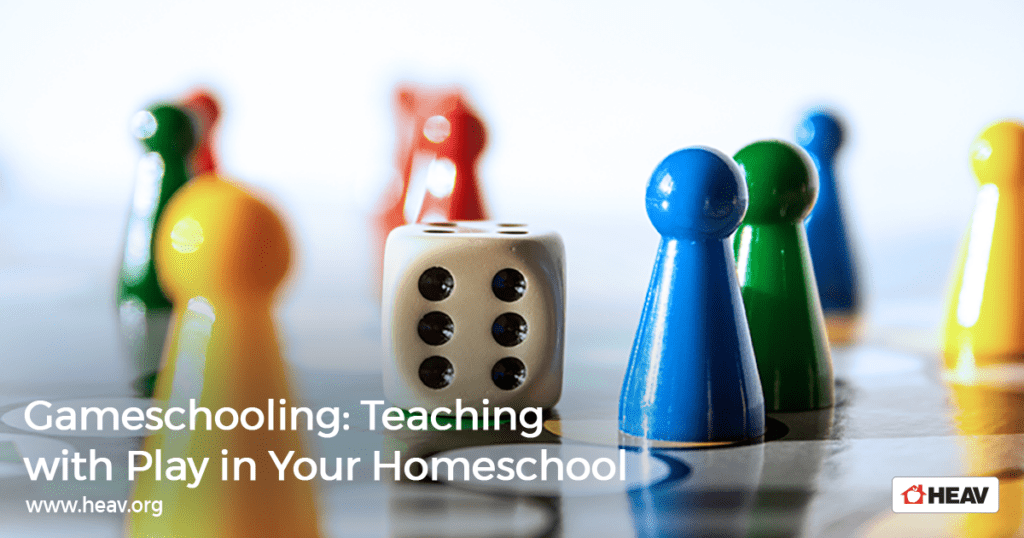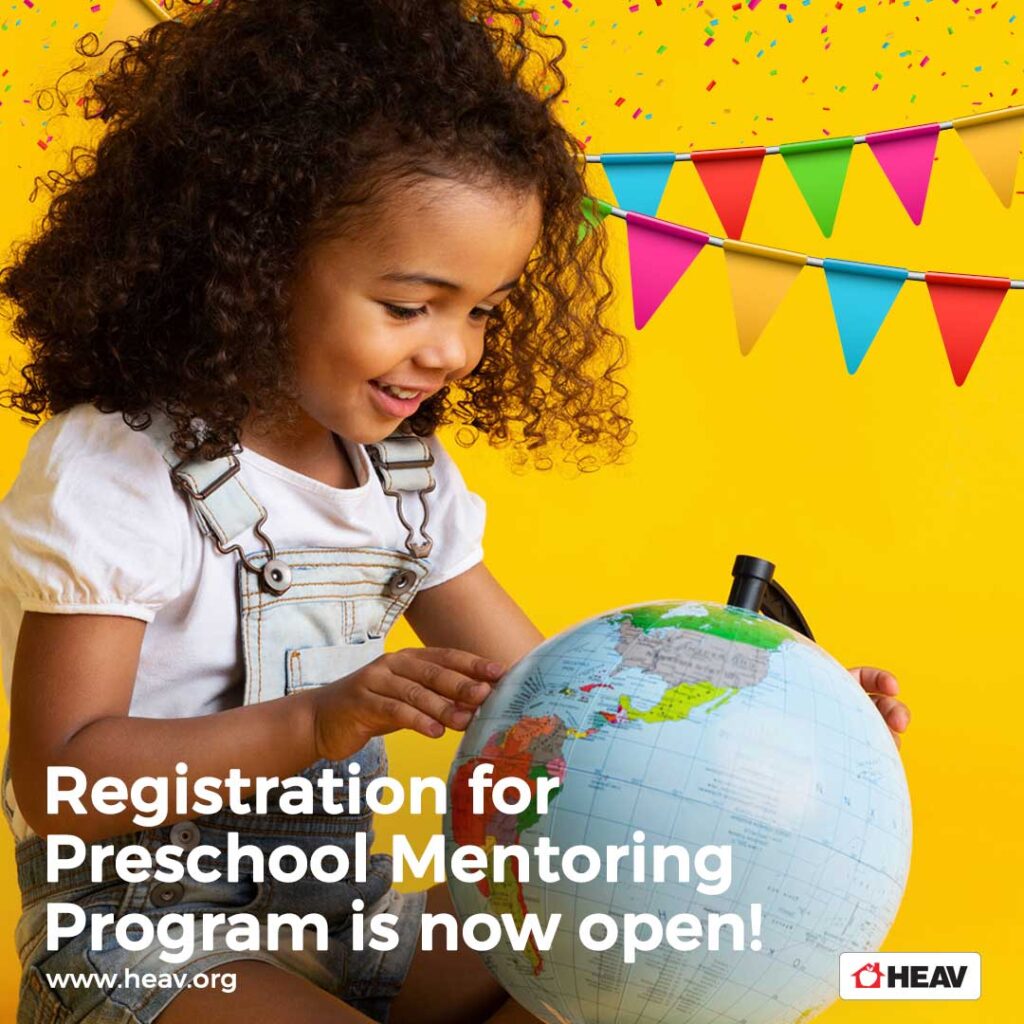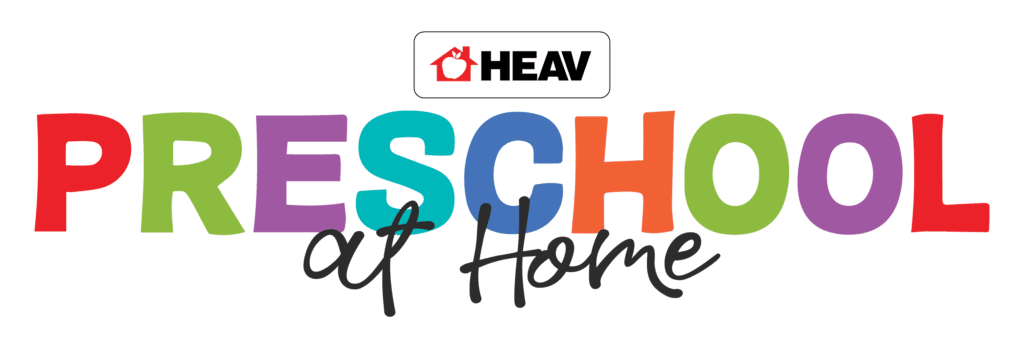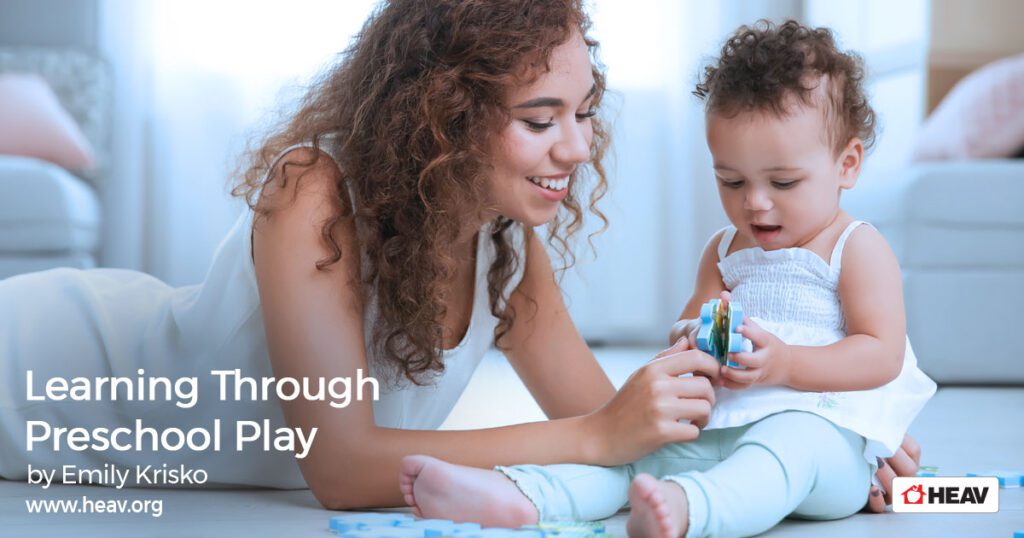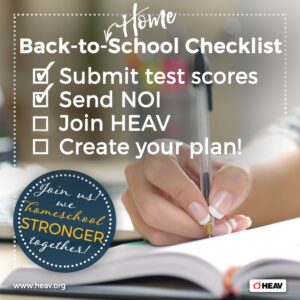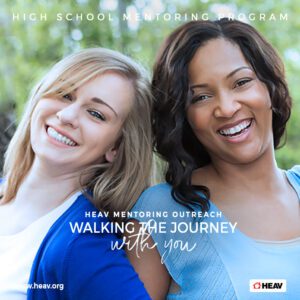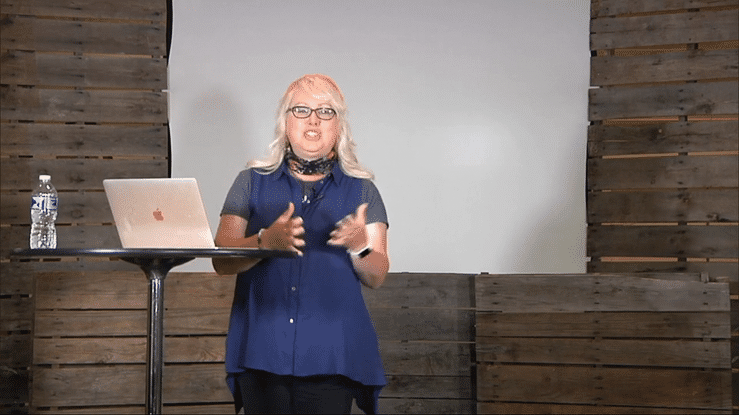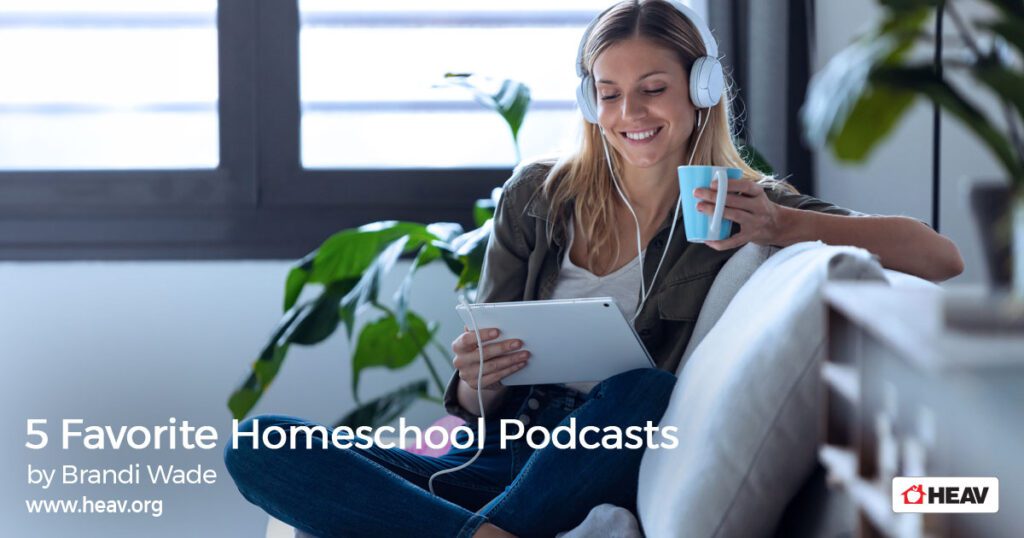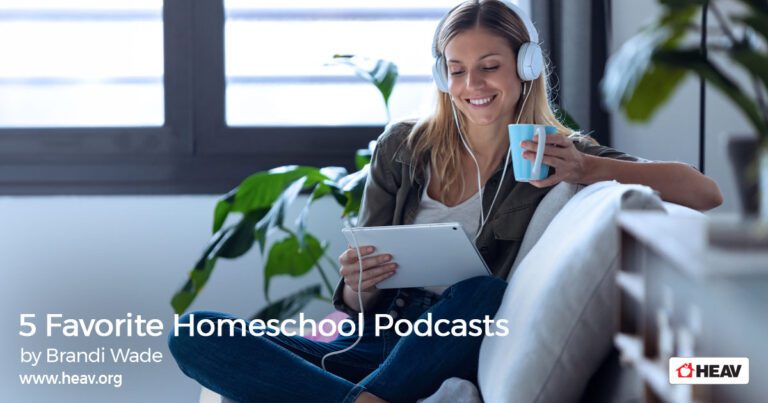
HOW TO START HOMESCHOOLING IN VIRGINIA
7 Steps to Begin Homeschooling in Virginia
This is a critical step when starting to homeschool. If you know the law, you will have confidence and know your rights as a parent.
There are three basic options for homeschooling in Virginia:
- The Virginia Home Instruction Statute (file a Notice of Intent to Homeschool with your local superintendent.)
- The Certified Tutor Statute (for certified teachers)
- The Religious Exemption Statute (for those with a sincere religious objection)
Most parents homeschool under the Home Instruction Statute §22.1-254.1 (B), which states:
“Any parent who moves into a school division or begins home instruction after the school year has begun shall notify the division superintendent of his intentions to provide home instruction as soon as practicable and shall thereafter comply with the requirements of this section within thirty days of such notice.”
For complete information, visit the law section. You’ll find links to the actual statute and tips on what you need to know.
For a comprehensive overview of your choices, view the Virginia Homeschool Law Flowchart.
Download and complete a “Notice of Intent” or write a letter showing how you have complied with the law. You will need to choose one of the following options:
- Attach a copy of a high school diploma or transcript (either yours or your spouse’s)
- Attach your Virginia teacher certification
- Provide a program of study or a curriculum that may be delivered through a correspondence course or distance learning program or in any other manner
(attach an acceptance letter or evidence of payment) - Show evidence that you are able to provide an adequate education for your child.
(Carefully write a grammatically correct letter stating why you are able to provide a good education for your child)
Once the paperwork is submitted, you may begin homeschooling.
*Make sure to keep all documentation proving that you have submitted what was required by law.
Under option iv, the local superintendent has the responsibility to review the information you provide to determine if you have the ability to provide an education. Learn more here.
Description of Curriculum
The law requires a limited description of curriculum—just a list of subjects you plan to study during the coming year. (e.g., history, science, math, language arts, music, etc.) Your curriculum is not evaluated or approved by the superintendent; your description merely shows that a curriculum is in place.
Perhaps your initial “Notice of Intent” does not include this description of curriculum because you are still making curriculum decisions (for instance, if you are beginning mid-year.) In that case, you have 30 days from the initial notice of starting to homeschool to complete the requirements and fully comply with the law.
However, once notice has been given in compliance with the statute, your family should be considered legal homeschoolers.
There are several ways to send the notification:
- You may mail the “Notice of Intent” and attachments to your division superintendent. If you mail it “certified, return-receipt,” you will have a record of the date the superintendent received your notice.
- You may also hand-deliver the “Notice of Intent” to your superintendent’s office. In this case, ask for a hand-written receipt.
- Some districts provide for email or online submission. Check the website of your local school district.
Withdrawal from Public School
If you are withdrawing your child from a public school to start homeschooling in Virginia, it is important to file your “Notice of Intent” with your local superintendent before withdrawing your child from public school.
After submitting your Notice of Intent, keep evidence of submission, such as a certified mail receipt, a time-date stamp from an email, a signature for a hand-delivered NOI, or a fax confirmation receipt—there should be no confusion about complying with school attendance laws.
However, if you first take your child out of school, then notify the superintendent, it may raise truancy questions. That could possibly result in a truancy investigation with fines up to $100 per day.
You Are Notifying…Not Asking Permission
As a homeschooling parent, you are not applying for permission or seeking the superintendent’s approval to homeschool. You are simply notifying the superintendent’s office of your intent to provide your child’s education in a manner already approved by the Virginia General Assembly.
The law requires a parent to notify the superintendent of his intent to homeschool, but you are not required to wait for “approval” from the division superintendent before withdrawing and beginning to homeschool.
Find Your Superintendent
Here is a list of superintendents throughout the state.
Get a Receipt
Once you’ve found your superintendent’s address for mailing or hand-delivering your Notice of Intent, be sure to mail the Notice of Intent “return-receipt” for verification the superintendent has received it. If you take it to the office, ask for a date-stamped receipt showing they have received the Notice of Intent from you.
What do I teach my child? As you prepare to start your homeschooling journey, few questions loom larger in your mind. Fortunately, much help is available–online, in books and magazines, and through the HEAV office.
You may purchase a complete curriculum, choose single subjects from different publishers—or even create your own, according to your own vision and your child’s learning styles!
When looking at curriculum options, you may want to study educational philosophies first and then find a curriculum that supports your vision. If you can identify one or two methods that fit your family, you will be able to narrow down the curriculum options. This strategy will save you lots of time (and money!) in the long run by providing more focused research.
Check out our curricula resources page to find some of the most popular homeschool curriculum providers, as well as information on finding used curricula.
HEAV has curriculum counselors who are happy to help as you narrow your choices.
Give us a call Monday through Friday from 10 a.m. to 4 p.m. (804-278-9200)
As soon as you have submitted your notification, you are free to begin homeschooling. You do not need to wait for acknowledgment from the superintendent, but HEAV recommends you keep any documentation as proof you have complied with the law.å
You do not need to keep track of days and hours. The only time requirement is given in 22.1-254 (A) state, in part, “…during the period of each year the public schools are in session and for the same number of days and hours per day as public schools.” (Interestingly, in recent years, public school days and schedules are not the same throughout Virginia–some districts even have year-round school now.)
The homeschool statute, 22.1-254.1, does not require homeschoolers to keep any records of the days and hours parents teach, nor does the homeschool law require homeschoolers to turn in forms or attendance records. Neither does it define “school” as the time spent sitting at a desk and completing worksheets. For most home educators, “schooling” also includes field trips, life-skill lessons, music, art, sports, reading, and much more.
Take into account that a typical public school day has quite a bit of unproductive time and may also include times for study hall, physical education, and library visits.
With these facts in mind, you should be able to create a homeschool schedule that is reasonable and fits your family’s needs.
Virginia families who have submitted a Notice of Intent to homeschool must submit proof of progress by August 1 of the following year.
This may be in the form of a nationally normed standardized achievement test. In this case, the student must have a composite score in or above the fourth stanine in order to continue to homeschool. The fourth stanine begins at 23rd percentile.
Many good tests measure different aspects of learning; however, not all tests meet Virginia’s statutory requirements for evidence of progress.
Alternatively, parents may submit an evaluation from a qualified evaluator.
Click here for more testing information.
Where to Send Homeschool Test Results
Your test results or evaluation letter should be sent to the same person to whom you sent your notice of intent—your division superintendent or his designee.
List of local school divisions and addresses.
Also check out the Testing FAQ for more questions and answers from “Homeschool Q&A,” the popular feature in HEAV’s weekly e-newsletter, the Virginia Homeschool Update.
Truth be told, the element that often makes the difference for successful homeschooling is the support you find within the community. Gone are the days when homeschoolers were few and far between—once you look, you’ll likely find many connections available to you.
Social media groups are a great option. HEAV’s Homeschooling in Virginia page is a wonderful place to get tips and ideas on curriculum, field trips, teaching methods, and more
Of course, making a personal connection is invaluable! HEAV networks with more than 220 support groups throughout Virginia. Here is a list of local groups and their contact information. Local support groups provide opportunities for student involvement in various activities and encouragement for new homeschooling parents.
Another option is to attend homeschool field trips. Check here for a list of HEAV-sponsored Homeschool Days, as well as MANY others throughout the Commonwealth.
You may have many additional questions as you move along your homeschool journey. HEAV is here as we have been for 40+ years, providing accurate information and encouragement for any parent who needs help.
Please sign up for our weekly communications, including teaching tips, field trips, unit study ideas, a homeschool Q&A, and more!
HIGH SCHOOL MENTOR PROGRAM
A program for homeschool parents
Even experienced homeschoolers know the thought of “high school” can be intimidating. With HEAV’s mentoring program, you’ll be equipped to guide your child to excel in academics, relationships, and work.
Plus, every step of the way, you will enjoy weekly meetings with your “tribe” — your mentor and close, like-minded parents who share this journey with you.
Get a FREE Homeschooling Beginner Bundle
Chock full of timely information, tips, and ideas, this bundle includes 4 MP3s, a 52-page booklet, printables, and more!
HERE'S YOUR (NOT)-BACK-TO-SCHOOL SURVIVAL KIT!
Not ready for summer to end? Neither are we!
Let’s ease into it together with our “not-back-to-school” survival kit.
It will be painless—we promise! Summertime freedom doesn’t end with the fall for homeschoolers!
Check it out now, and visit frequently! Each week, we’ll share exciting resources, videos, mp3s, and audio on much-needed topics.
Week 6: Gameschooling for All Ages!
Homeschooling needn’t—and shouldn’t—be all work! Fun, fresh “gameschooling” lessons are a great way to introduce and reinforce concepts and lessons and keep the material fresh in your students’ minds.
AUDIO: Could technology be the root of some of your biggest concerns about your children’s behavior? Are they complaining and arguing, self-centered, prideful, angry, and unsure what to do after graduation? You’re not alone! Dr. Kathy will offer practical things to do so children mature even as they keep using technology.
Teaching a subject that is not your strength can be tricky, but you can do it! Check out this post for creative math lesson ideas and ways to teach mathematical concepts through visuals, hands-on activities–and even music and art!
Parents ask: “Why doesn’t my son enjoy reading?” But they can’t really LOVE it when it’s hard. Join Hal & Melanie Young, parents of six adult sons—who learned (eventually) to love to read—as they look at ways to help boys read well and find joy in stories and research.
REGISTRATION IS OPEN.
Every stage is an adventure!
A Mentor Program for Parents of Preschoolers!
- Create an educational environment.
- Develop a love of learning.
- Discover all about learning styles.
Sign up now!
Week 5: Preschool ~ Joy of Teaching the Littles!
Sign Up Now
Enjoying this series? It doesn’t have to stop at summer’s end. Get tips, fun ideas, recipes and more—all at your fingertips! Sign up now to get HEAV’s brand-new, hot-off-the-press Preschool at Home newsletter delivered free to your inbox every month.
Children have an undeniable thirst to learn. You may have noted a barrage you with “why” questions coming at from your little one. As a parent and a teacher, you can quench your child’s thirst to learn and and develop a lifelong love of learning–through play!
Why DO we feel unqualified and inadequate when it comes to teaching our children? Let the “unhurried homeschool mom” help you quiet those fears!
10 Ways to Make the Most of the Preschool Years ~ Heather Haupt
AUDIO: Ever heard the saying, “The days are long, but the years are short?” While there are days that can test the sanity of just about any mom, these exciting, exhausting, laughter-inducing, messy years are rich with opportunity!
Registration for Preschool Mentoring
Program is now open!
REGISTRATION IS OPEN.
Every stage is an adventure!
A Mentor Program for Parents of Preschoolers!
- Create an educational environment.
- Develop a love of learning.
- Discover all about learning styles.
Member Benefit: Test Discount!
All HEAV members receive discounts through our classes, benefits, and fun informational learning! Testing discounts is one of those great benefits. Check us out. Begin receiving your discounts for testing now, this school year.
Stay on Track All Year Long.
Join or renew your HEAV membership today.
- Join HEAV (or renew your membership)
- Create your plan!
Help Us Keep These Resources Coming!
Thanks to our membership support, we are here for you and thousands of other families every step of the homeschool journey. Please join or renew your membership today!
Week 4: Adventures of Homeschool Freedom
by Lynna Sutherland
As a homeschooler, you already think outside the box. You know that you don’t have to do everything the way you are “supposed” to do it. Here are three tips to help with that!
As a foundational Charlotte Mason philosophy, nature study has been shown to benefit children both academically and emotionally. Get solid teaching tools, field guide applications, teaching techniques, and how to create nature journals.

Classes Are Coming Up!
An extra perk with your HEAV membership: Periodically throughout the year, HEAV offers some online courses at greatly discounted prices–or even free–to members!
Travel the World! ~ Adelaide Olguin
AUDIO: Bring your homeschool alive through travel. Learn how to get hundreds of free flights, negotiate Airbnb prices, get free hotels, and create unforgettable homeschooling moments!
Week 3: High School
We spend a lot of time teaching all the courses, tracking grades, preparing transcripts, and more. But the so-called “soft skills”—attitudes, work ethic and habits—make them valuable team members and successful adults.
High-Impact High School ~ Woody Robertson and Janice Campbell
AUDIO: Transcripts are not just for college—every student needs one. The high school transcript is designed to highlight your student’s talents, strengths, and skills in the same way a résumé does for a prospective employee.
This practical session also gives an inspiring overview of how today’s students can maximize their high school study by incorporating a souped-up version of dual credit into their daily schedule using the curriculum they already own.
Ideally, we want our children to be college-ready, but that doesn’t mean college is necessary for all children. Learn strategies to determine what’s best for YOUR child and discover questions to ask that are better than, “What do you want to do when you grow up?”
- Send tests before August 1.
- Submit your Notice of Intent by August 15.
- Join HEAV (or renew your membership)
- Create your plan! Receive FREE Homeschool Beginner’s Bundle ($20 value).
Driver’s education is our favorite part of raising teenagers—said no one ever! But it really doesn’t have to be that bad. Check out all the homeschool-specific information on this important milestone.
Do you have your HEAV membership card? It’s one of the most popular member benefits you receive as a member, and you can use it for SO MUCH!
Guide Your Child Successfully Through High School
Yes, the thought of “high school” can be intimidating. With HEAV’s mentoring program, you’ll be equipped to guide your child to excel in academics, relationships, and work.
Plus, every step of the way, you will enjoy weekly meetings with your “tribe”—your mentor and close, like-minded parents who share this journey with you.
The next session starts August 6!
Week 2: Homeschooling as a Family
“How do you do it all?” is a question we get asked a lot. Keeping on track often requires making hard choices.
Chaos Reducing Strategies for Parents ~ Panel
AUDIO: How can a busy working mom (or dad) get any schooling done with the kids? Join our panel of homeschool parents for tips and time-saving strategies for parents who are doing double or even triple duty.
The milestones might come more slowly and with a lot more effort for very special learners, but when our children master a new skill, it’s so much sweeter. Here are tips for managing expectations and successes!
Homeschool mom of nine shares her favorite, yummy large-family meal plans to keep you on track!
Yes, many homeschoolers have large families–but many of us do not!, and we need support, too. Get tips, encouragement, and ideas on one-on-one homeschooling.
We Are Your Community ~ Brandi Wade
We Are Your Community…and We’re Waiting for You!
When you decide to homeschool, you do NOT go it alone. Your community of fellow homeschoolers is here for you–for support, information, and real connection. Find out why HEAV membership is so special!
Week 1: Rebuilding the Routine
5 Favorite Homeschool Podcasts ~ Brandi Wade
Summer reading can be light and fun, but when it’s time to ease back into deeper topics, podcasts are a great option! Here are a few of our favorites.

10 Things Every Homeschool Should Remember
Whether you like to focus on a few core components, try one new experience, or jump into the year at full speed, implementing these 10 concepts is a great way to jumpstart your homeschool.
Things We’re Glad We Did ~ Hal & Melanie Young
It is said we can’t learn from others’ mistakes. Not entirely sure that is true, but we know we can learn from what others have done right. Find out what ideas experienced homeschoolers stumbled upon that turned out GREAT.
Homeschooling: How Do You…?
Check out this honest discussion with a panel of some of our favorite homeschool speakers!
Join Andrew Pudeas, Sherri Seligson, Linda Hobar, and Steve Demme for some informal, heart-felt discussion.
From Our Friends at HSLDA…
Make the World Your Classroom
5 Favorite Homeschool Podcasts
We are well into the warm days of summer! Hopefully, you are not overwhelmed by reading all the books you...
Help Us Keep These Resources Coming!
Thanks to our membership support, we are here for you and thousands of other families every step of the homeschool journey. Please join or renew your membership today!
More questions? Please call the HEAV office at 804-278-9200. Our staff and counselors will be glad to help you!



